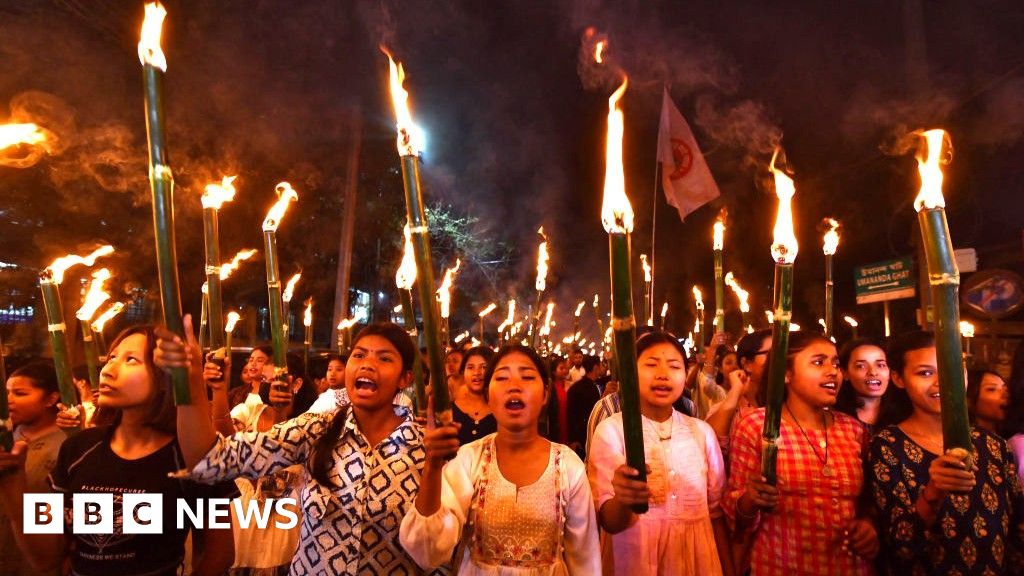
BBC’s Obsession with “Indian Gen Z Silence”: When Stability Becomes a Problem
Recently, an article by BBC News (and echoed by several Western outlets) expressed “concern” that India’s Gen Z isn’t rising up in protest like their counterparts in Nepal, Bangladesh, or other developing nations. The tone? Almost disappointed — as if chaos and instability have become the new indicators of a healthy democracy.
According to BBC’s feature, “In Nepal, young protesters brought down a government in just 48 hours. But India’s Gen Z, though large and restless, remains fragmented and unlikely to unionise nationally.” The article portrays the relative calm among young Indians as political apathy — not as a sign of maturity or trust in democratic processes.
But let’s pause and ask: why does the Western media celebrate unrest elsewhere while framing Indian stability as a failure?
The Double Standard of Western Commentary
When youth in Hong Kong, Iran, or Nepal take to the streets, Western coverage glorifies it as “revolutionary courage.” Yet when Indian youth focus on entrepreneurship, innovation, or education — instead of throwing stones — the same media brands them as “docile” or “silenced.”
It’s a pattern as old as colonial politics: a subtle discomfort with a confident, self-sustaining India. Because an India that debates in Parliament and builds its own digital economy doesn’t fit into the narrative of “the restless Global South.”
A Generation Choosing Construction Over Destruction
India’s Gen Z isn’t quiet — they’re redirected. They’re coding startups, building climate tech, freelancing globally, and shaping policy conversations online. Their rebellion isn’t on the streets; it’s in how they challenge old hierarchies through ideas and independence.
Compare that to Nepal or Sri Lanka — where mass protests were driven by economic collapse and political crisis. Are we seriously comparing social media activism in a stable democracy to desperation in nations on the brink?
The Hypocrisy of “Western Concern”
The real irony? When the West faces its own youth protests — from student debt strikes to climate marches — governments call them “unruly.” But when the same happens abroad, it’s “the voice of freedom.” So, if India’s youth aren’t burning buses, they’re “apathetic.” If they are, they’ll be called “radical nationalists.” Either way, India never seems to fit the Western template.
India’s Stability Is Its Statement
The BBC’s worry says less about Indian youth and more about Western discomfort with a nation that has learned to grow without collapsing. Indian Gen Z doesn’t need chaos to prove its strength. In a world that profits from instability, calmness itself is the rebellion.
So, maybe the question isn’t “Why isn’t Indian Gen Z rising?” Maybe it’s “Why is the West so uneasy when India stands tall?”
